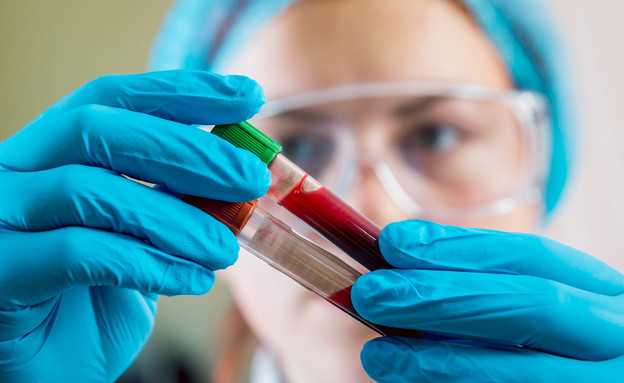Alzheimer’s disease is a degenerative brain condition that causes dementia in older individuals. In Israel, approximately 150,000 people currently live with dementia and Alzheimer’s, with projections suggesting a tripling of this number by 2050. Traditionally, Alzheimer’s has been diagnosed through medical history reviews and cognitive assessments. However, new biological markers have emerged that can accurately diagnose the disease at an early stage without invasive tests like lumbar punctures or brain mapping.
The new test for Alzheimer’s is available to individuals over 18 who have been referred by a doctor for cognitive testing. The test costs NIS 3,450 and can be combined with additional tests for specific drug treatment or genetic prediction of the disease at an extra cost. Most private health insurances in Israel cover the test, and it is expected that health fund supplementary insurances will also subsidize it in the near future.
This new approach to early detection and intervention provides hope for individuals at risk of Alzheimer’s and could significantly impact the management of this debilitating condition in the future. By identifying biomarkers in the blood, neurologists can accurately diagnose Alzheimer’s at an early stage, allowing for more effective treatment and lifestyle changes to mitigate the disease’s progression.
The presence of amyloid protein deposits in the brain is a hallmark of Alzheimer’s disease. These deposits accumulate over time and lead to damage to nerve cell communication and destruction of brain tissue. Traditional diagnostic methods for Alzheimer’s rely on medical history reviews and cognitive assessments, which can be limited in their ability to detect the disease at an early stage.
The new biological markers identified by researchers offer a revolutionary approach to diagnosing Alzheimer’s at an early stage. By analyzing blood samples for amyloid protein levels, neurologists can accurately identify individuals who are at risk of developing the disease. This allows for earlier intervention and treatment options that may slow or even reverse some aspects of cognitive decline associated with Alzheimer’s.
In conclusion, the new test for Alzheimer’s provides a promising opportunity for early detection and intervention for this debilitating condition. With its non-invasive nature and accuracy, this test could significantly improve our ability to manage Alzheimer’s disease in the future. As more research continues to uncover new biological markers associated with this condition, we can expect even more advanced diagnostic tools that will help us better understand and treat this complex brain disorder.


